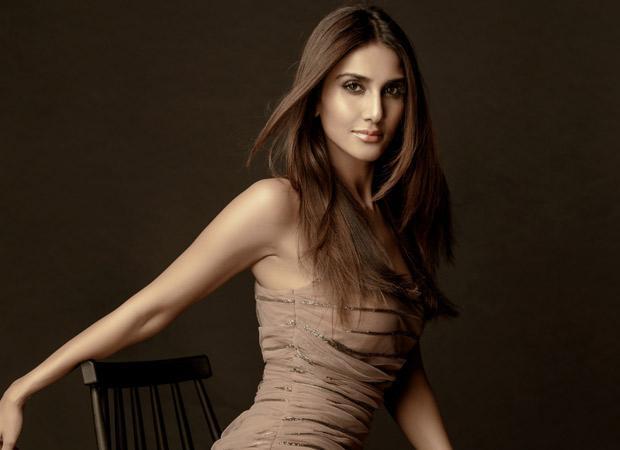
Don’t get volatile behaviour: Vaani on censorship & cancel culture
The world of entertainment is no stranger to controversy, and the recent ban of ‘Abir Gulaal’ release in India has sparked a heated debate on censorship and cancel culture. In the midst of this chaos, actress Vaani Kapoor has spoken out about the restrictive nature of these phenomena, stating that they stifle artists’ freedom to explore new ideas.
In a recent interview, Vaani expressed her concerns about the growing trend of cancel culture, where a single misstep can lead to calls for boycott and cancellation. She emphasized, “This cancel culture, say one thing wrong, there are calls for cancel and boycott. I don’t get that volatile behaviour.” Her sentiments are echoed by many in the industry, who feel that this culture of instant outrage and retribution is stifling creativity and artistic expression.
The ban on ‘Abir Gulaal’ is a prime example of how censorship can be used to silence artists and restrict their freedom. The film, which explores themes of love and identity, was deemed “inappropriate” by the censor board, leading to its release being stalled. This decision has sparked outrage among fans and critics, who see it as a clear example of censorship gone wrong.
Vaani’s comments on cancel culture and censorship are timely and pertinent. In an era where social media has given everyone a platform to voice their opinions, it’s easy to get caught up in the whirlwind of outrage and anger. However, this volatile behaviour can have serious consequences for artists and creators, who may be forced to self-censor or face the wrath of the online mob.
The impact of cancel culture on the entertainment industry is already being felt. Many artists are now hesitant to take risks or push boundaries, fearing that they may be met with backlash and cancellation. This has led to a homogenization of content, with many creators opting for safer, more conventional themes and storylines.
Moreover, the emphasis on cancel culture has created a culture of fear and silence. Artists who are perceived as being “problematic” or “offensive” are often forced to apologize or retract their statements, rather than being allowed to explain or clarify their views. This can lead to a lack of accountability and a stifling of important conversations.
Vaani’s comments on censorship are also noteworthy. She emphasized that she is “not into censorship” as it sets boundaries for artists and restricts their ability to explore new ideas. This sentiment is echoed by many in the industry, who feel that censorship is often used to silence marginalized voices or restrict creative expression.
The ban on ‘Abir Gulaal’ is a prime example of how censorship can be used to silence artists and restrict their freedom. The film, which explores themes of love and identity, was deemed “inappropriate” by the censor board, leading to its release being stalled. This decision has sparked outrage among fans and critics, who see it as a clear example of censorship gone wrong.
In conclusion, Vaani’s comments on cancel culture and censorship are a timely reminder of the importance of artistic freedom and the need to promote constructive dialogue and debate. The entertainment industry is not a playground for the fragile egos of celebrities, but a platform for artists to express themselves and share their stories with the world.
As we navigate this complex landscape, it’s essential that we prioritize empathy, understanding, and open-mindedness. We must recognize that artists are human beings, with the right to make mistakes and learn from them. We must also recognize that censorship and cancel culture are often used to silence marginalized voices and restrict creative expression.
Ultimately, the success of the entertainment industry depends on our ability to promote a culture of tolerance, inclusivity, and respect. By doing so, we can create a platform where artists feel empowered to take risks, push boundaries, and explore new ideas – without fear of backlash or cancellation.






